The Ongoing Predicament of Backloading in Malaysia — Causes & Solutions
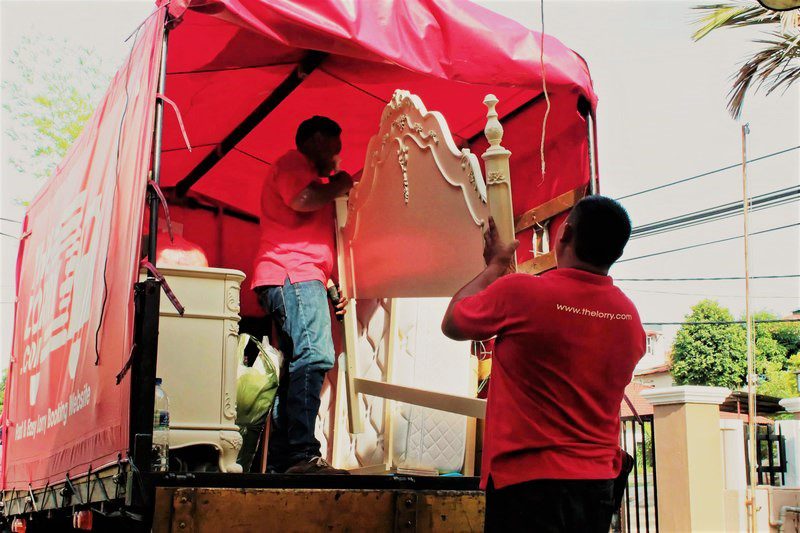
by TheLorry on 13 August 2025.
In Malaysia’s ever-crucial logistics industry, one inefficiency stubbornly persists — the waste of resources when lorries return empty after deliveries. Whether you call it backloading or backhaul, the concept is simple: if a lorry is already on the road, filling the empty return trip could bring extra income, lower operational costs, and reduce carbon emissions.
But in practice, the reality is more complicated. Industry limitations, outdated communication methods, and cultural barriers make Malaysia’s backloading potential largely untapped. This article draws from first-hand insights from local logistics operators, real-world examples from TheLorry’s client base, and proven global strategies to answer the pressing question: Why is backloading still a problem in Malaysia, and how can we fix it?
We will look through these one by one:
| Factor | Impact | Potential Solution |
|---|---|---|
| Branding restrictions | Competing companies avoid liveried trucks | Neutral branding or removable signage |
| Time delays | Late deliveries from extra pickups | Pre-scheduling compatible loads |
| Cargo incompatibility | Fragile or hazardous goods need special handling | Matching load type to truck specs |
| Lack of platform | Missed nationwide opportunities | Centralized backload marketplace |
| Mistrust among operators | Limits collaboration | Transparency in pricing & service quality |
Common Barriers to Backloading
Before we get into the problem faced by our local lorry operators, let’s have a look at the general constraints of backloading operations.
1. Branding Concerns on Liveried Vehicles
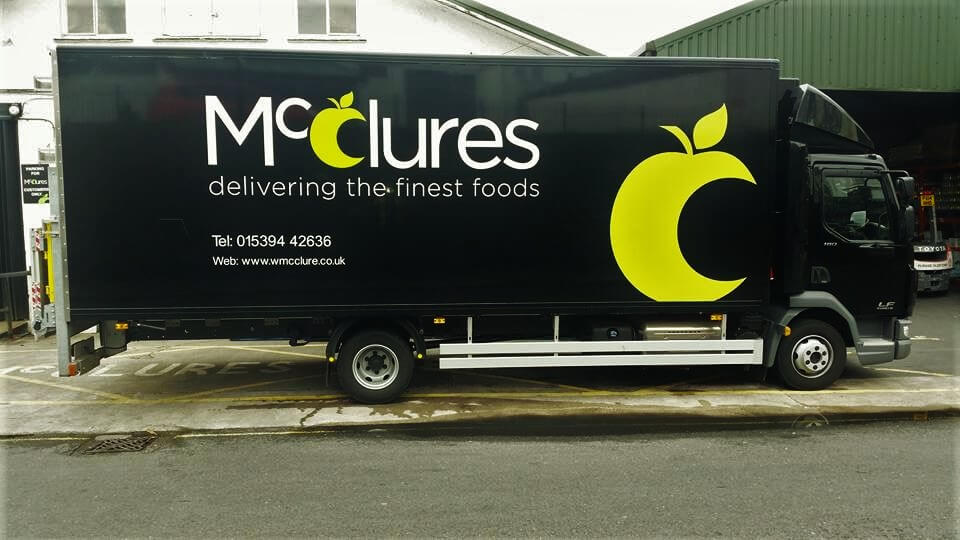
One major reason backloading in Malaysia faces obstacles is branding restrictions on liveried vehicles. Many companies that outsource logistics demand that their deliveries be handled exclusively by trucks that display their branding, logos, or corporate colors. While this may enhance brand visibility, it often prevents the truck from carrying return loads for other customers—especially direct competitors. For instance, if a logistics operator delivers electronics for a major brand, they may be prohibited from carrying competing products on the way back, even if space is available. This leads to underutilization of resources and higher transportation costs, which could otherwise be reduced by backloading. TheLorry has seen success in overcoming this through the use of removable magnetic signage, which allows a truck to adapt branding as needed without long-term restrictions. Globally, markets such as Australia and the UK have used this approach effectively, and adopting it locally could boost efficiency while maintaining client trust.
2. Delays and Timeliness Issues
Another significant challenge for backloading in Malaysia is the risk of delivery delays. Backloading naturally involves additional stops for loading goods on the return journey, which can extend travel time and impact punctuality. This is especially problematic for industries where timing is critical, such as perishable goods delivery, e-commerce fulfillment, or medical supply transport. Companies in these sectors may prefer to return empty rather than risk missing strict deadlines. However, if managed well, backloading can still be beneficial—pre-scheduled return loads and route optimization can minimize delays while keeping costs low. TheLorry offers scheduling tools and flexible service options that allow customers to book transport during windows that suit their delivery needs, reducing the risk of late arrivals. Adopting such solutions could help Malaysian logistics operators match the reliability seen in countries like the US, where backhaul efficiency is supported by integrated transport planning systems.
3. Capacity and Load Incompatibility
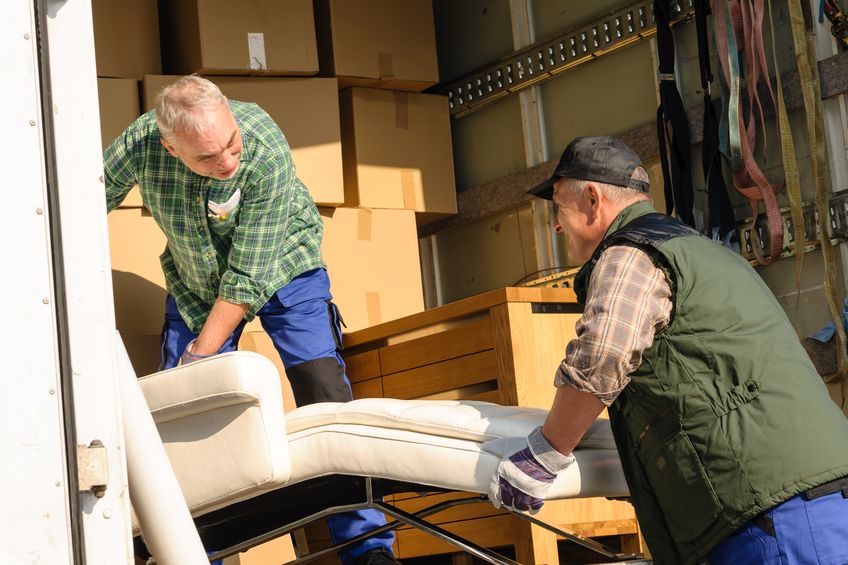
Capacity and compatibility issues also limit backloading opportunities. Some loads are too large, heavy, or hazardous for the returning truck, while others require special conditions such as refrigeration or secure fastening systems. For example, a truck returning from a corporate delivery of office furniture might be unable to carry hazardous chemicals due to legal transport requirements. This mismatch means that even if space is available, it cannot always be used effectively. TheLorry addresses this by maintaining a diverse fleet—from 1-ton vans for smaller loads to 5-ton lorries for heavier cargo—allowing better matching between available vehicles and required load specifications. Internationally, load-matching platforms have improved compatibility by listing specific cargo requirements alongside available vehicle details, and Malaysia could benefit from adopting a similar transparent matching system.
4. Unfriendly Loading & Unloading Conditions
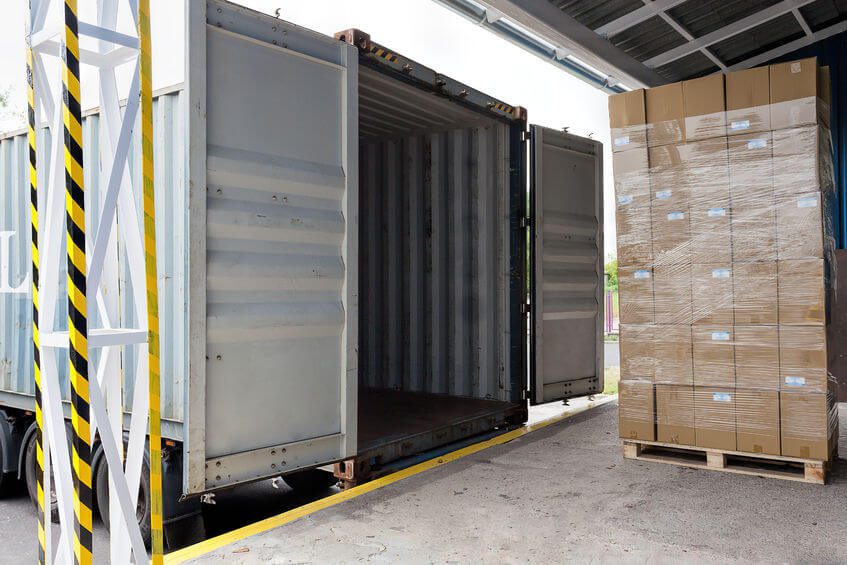
Even when a backload is available, the loading and unloading process can be a major deterrent for drivers. Some pickup points require long waits, involve complex paperwork, or have restricted access hours that disrupt planned schedules. In Malaysia, independent logistics providers often report spending hours waiting for goods to be ready or encountering facilities unprepared for the transfer. This discourages participation in backloading, as time lost waiting could be spent on other profitable jobs. Platforms like TheLorry streamline this process by confirming pickup readiness and ensuring documentation is in order before the driver arrives, reducing downtime. Countries with advanced logistics systems also rely on standardized loading protocols and digital check-ins to speed up the process. By adopting similar practices, Malaysia’s logistics sector could significantly improve backloading efficiency.
5. Lack of Nationwide Load-Matching Platforms
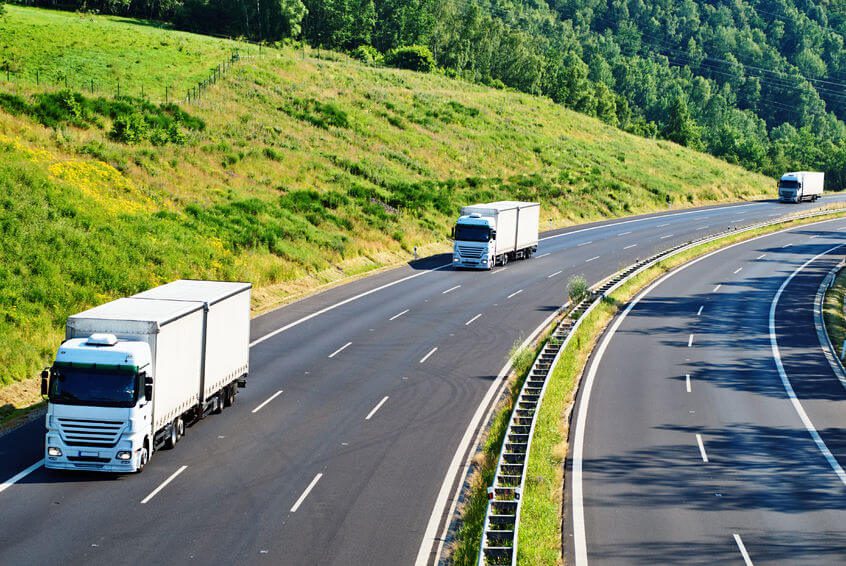
Perhaps the most significant structural issue facing backloading in Malaysia is the absence of a centralized, nationwide load-matching platform. In markets like the US, UK, and Australia, dedicated platforms such as Truckload, Returnloads.net, and Truckit allow shippers and drivers to connect easily and fill return trips with paying loads. In Malaysia, no such fully integrated platform exists, forcing operators to rely on fragmented communication channels like phone calls, emails, or small WhatsApp groups. While TheLorry provides an online booking system for consumers and businesses, a broader national marketplace would allow logistics companies to maximize efficiency across regions. Until such a system is in place, backloading in Malaysia will remain underutilized, and the industry will continue to miss out on the potential cost savings and environmental benefits this model offers.
The Malaysian Context: Why It’s Harder Here
Micro vs. Macro Networking
Networking for backloading in Malaysia often works well on a small scale but breaks down at the national level. Many operators are part of localized WhatsApp groups with around 200–250 members, where they regularly post available trips and backload opportunities. While these micro-networks can be highly efficient within certain regions, they fail to support long-distance or interstate transport needs. For example, a lorry returning from Johor Bahru to Penang might not be part of a group that includes shippers in those areas, leaving its cargo space unused. TheLorry bridges this gap by allowing bookings across states through its platform, connecting drivers with jobs they might otherwise miss. Expanding such interconnectivity is essential if Malaysia is to match the backloading efficiency seen in countries with nationwide logistics databases.
The Trust Barrier
Cultural and business trust barriers also play a role in the inefficiency of backloading in Malaysia. While Malaysia is known for its multicultural harmony, business practices sometimes remain segregated along ethnic lines. Some operators prefer to work only within their own trusted community networks due to perceived differences in pricing strategies, service quality, or reliability. This limits the willingness to collaborate on shared loads, especially across long distances. TheLorry has found that consistent pricing, clear service agreements, and transparent communication can bridge this gap. In global logistics markets, transparency is the cornerstone of cross-operator collaboration, and Malaysia could benefit from formalizing such practices industry-wide to unlock greater backloading potential.
Pathways to Improvement
1. Promoting Transparency
Transparency in pricing, timelines, and service terms is essential for building trust in the Malaysian logistics industry. When operators and customers have clear, upfront information, misunderstandings are reduced and collaboration becomes easier. This is particularly important in backloading, where multiple parties share the same trip and need aligned expectations. TheLorry already practices transparent quoting for its house moving, corporate delivery, and disposal services, providing customers with exact costs before booking. By adopting similar openness across the industry, Malaysia could overcome many of the mistrust issues that currently hinder backloading.
2. Creating a National Backload Platform
A centralized, technology-driven backloading marketplace could be a game changer for Malaysia. Such a platform would allow drivers to list available return trips, specify vehicle types and load requirements, and instantly match with shippers who need goods moved. This model has been highly successful in countries like Australia, where platforms like Truckit have transformed logistics efficiency. While TheLorry already connects customers with available lorries, scaling this to a nationwide, cross-operator level would make backloading a default practice rather than a rare exception.
3. Leveraging Technology for Real-Time Matching
Technology is the most powerful tool for solving Malaysia’s backloading inefficiency. GPS tracking, route optimization algorithms, and instant communication channels can ensure that empty return trips are identified and filled in real time. With TheLorry’s mobile app and booking system, both businesses and individuals can quickly find transport options suited to their load and location. This tech-first approach mirrors international best practices and could significantly cut operational costs while improving service quality across Malaysia’s logistics sector.
TheLorry’s Role in Making Backloading Work for You
At TheLorry, we’ve seen firsthand how small changes in planning can make a big difference in moving costs and efficiency. Whether it’s a house move, corporate delivery, or disposing of bulky furniture, our transparent pricing, nationwide coverage, and variety of vehicle sizes make it easier to match your needs with the right lorry — and avoid paying for empty trips. By choosing a service that embraces smart backloading in Malaysia, you’re not just saving money, you’re helping reduce traffic congestion and carbon emissions too.
Your Next Move — Let’s Get You Rolling
If you’re planning a move, a delivery, or even just clearing out old furniture, don’t let the return trip go to waste. Booking a backload means more savings for you and fewer empty trucks on the road.
👉 Chat with us on WhatsApp and let’s see how we can make your next move smoother, faster, and more affordable.
📦 Book your service now:
-
House Moving Package: Book Here
-
On-Demand Lori Sewa: Book Here
-
Disposal Service: Book Here
-
Cross-Border Service: Book Here
More Moving Wisdom From TheLorry Blog
If this article helped you understand the challenges and solutions for backloading in Malaysia, you’ll love these reads:
-
3 Stories of Colossal Mistakes People Do When Hiring Movers — Learn from real-life moving mishaps so you don’t repeat them. From last-minute bookings to unclear agreements, these stories are both eye-opening and avoidable.
-
The Benefits and Responsibilities of Owning Your Own Home — Moving isn’t just about boxes and lorries; it’s often the start of homeownership. This guide walks you through the joys and commitments that come with it.
You can find more practical moving tips, cost-saving strategies, and logistics insights on our Newsroom — your go-to hub for all things moving and delivery in Malaysia.

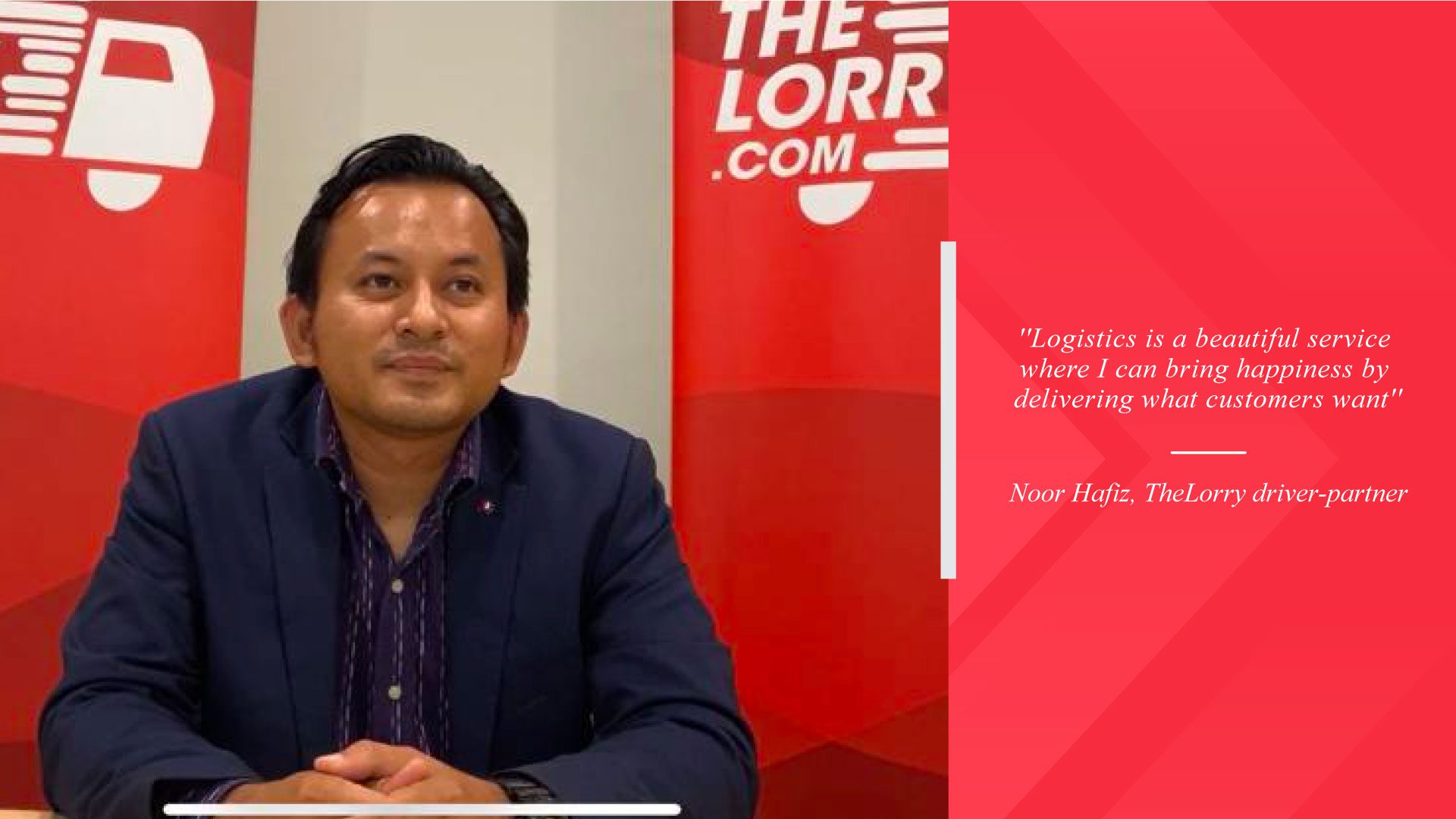



 MY – EN
MY – EN Singapore
Singapore Indonesia
Indonesia